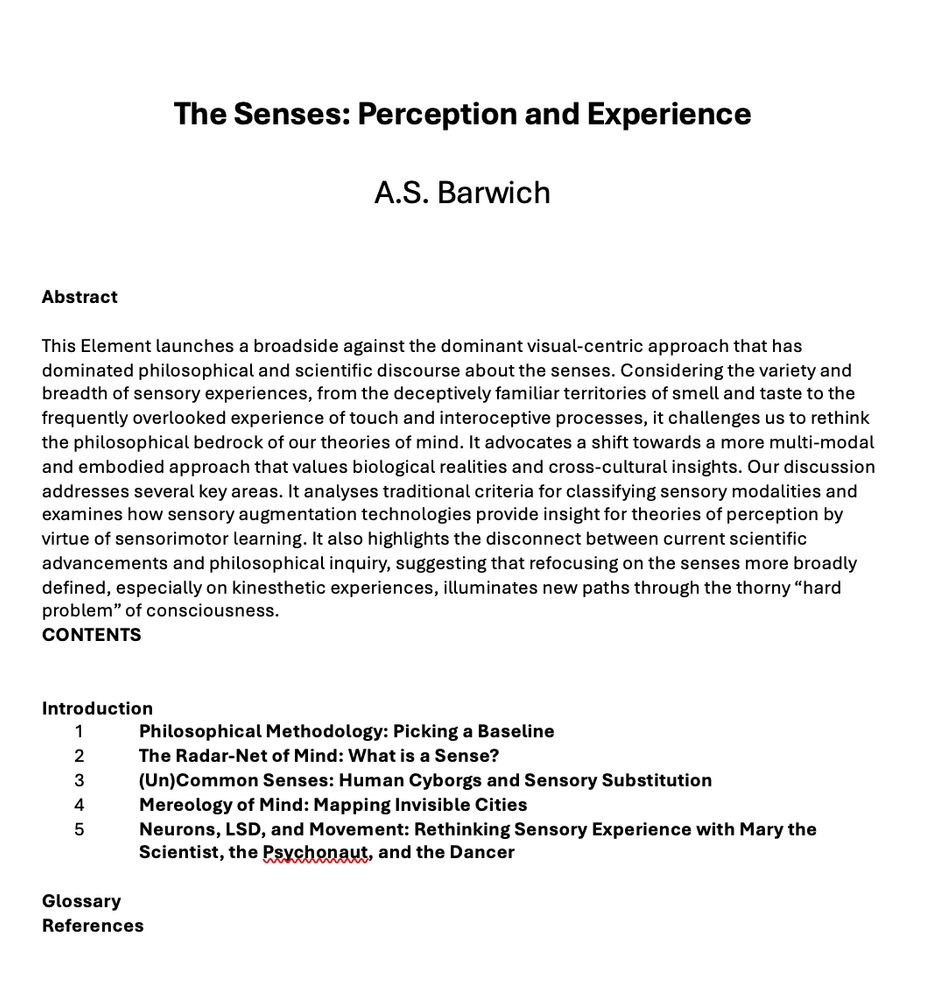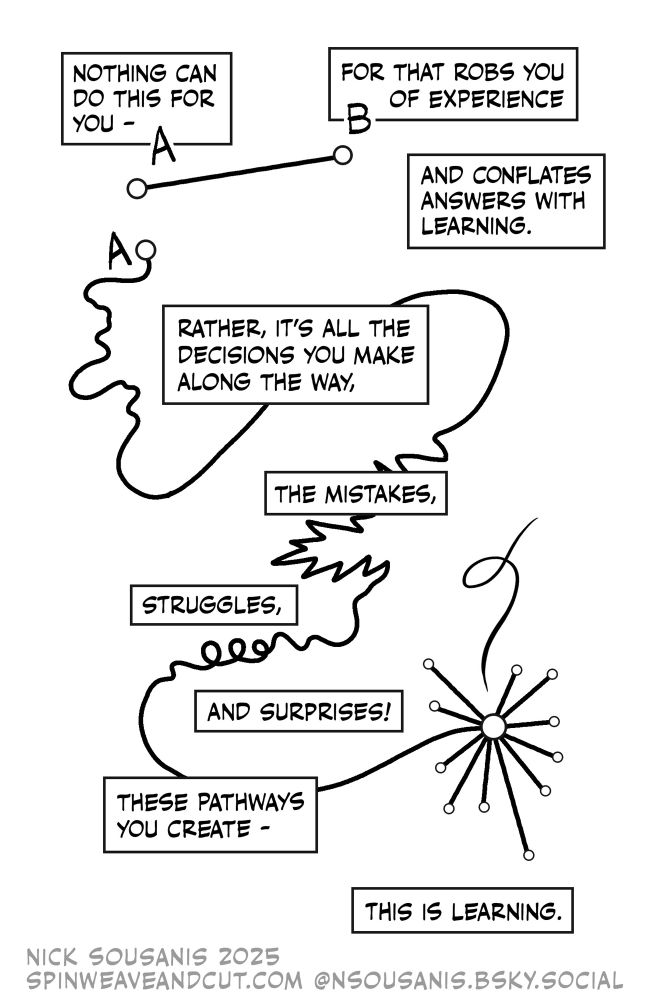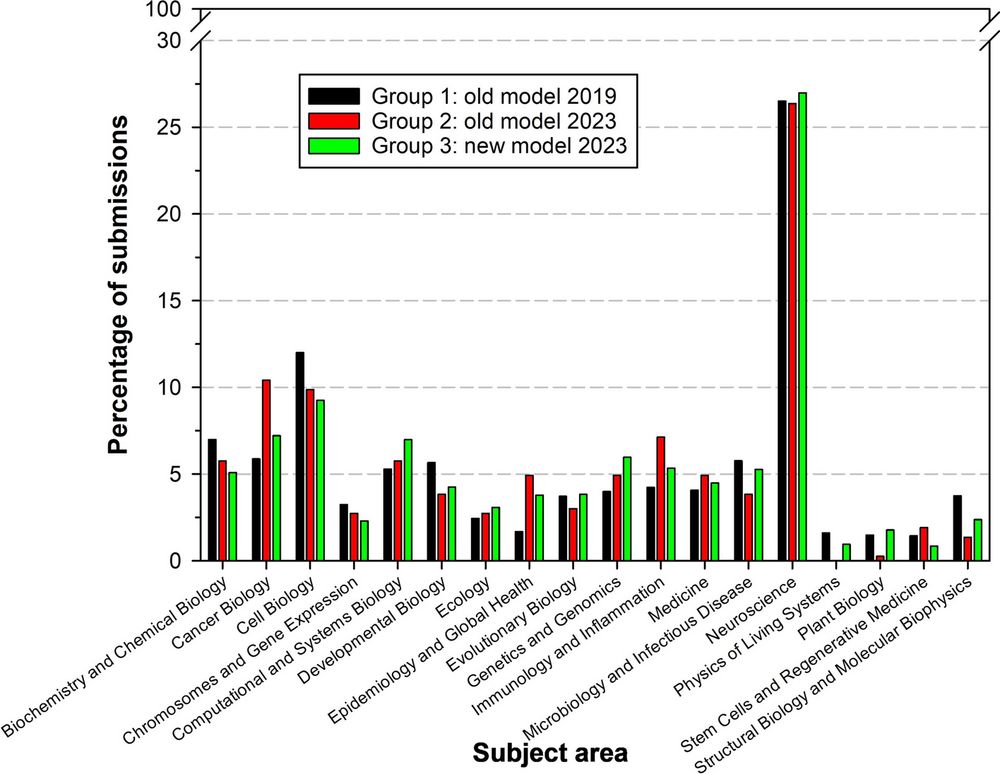Ann-Sophie Barwich
@smellosopher.bsky.social
3.7K followers
1.5K following
1.7K posts
Mary I. Bunting Fellow, Radcliffe/Harvard
Associate Prof, Indiana U Bloomington
Philosopher & Neuroscientist
Book: www.hup.harvard.edu/books/9780674278721
Web: www.smellosophy.com
Lab: thestinktank.weebly.com
Poetry/Essays: https://as-barwich.medium.com
Posts
Media
Videos
Starter Packs
Reposted by Ann-Sophie Barwich
Reposted by Ann-Sophie Barwich
Reposted by Ann-Sophie Barwich
Reposted by Ann-Sophie Barwich
Reposted by Ann-Sophie Barwich
Reposted by Ann-Sophie Barwich
Reposted by Ann-Sophie Barwich
Reposted by Ann-Sophie Barwich
Reposted by Ann-Sophie Barwich


























